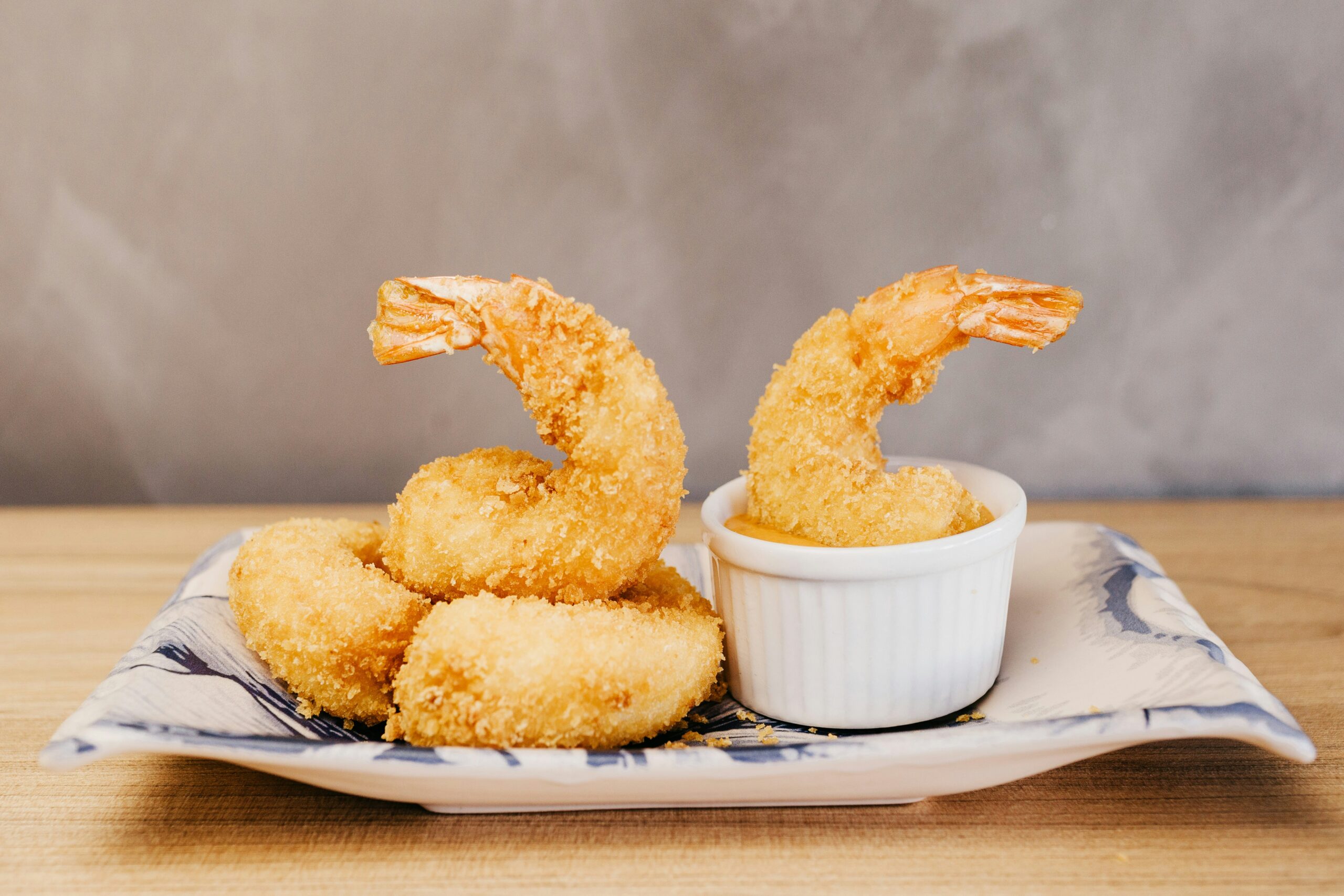Have you ever wondered if a low carb diet could be the key to achieving your fat loss goals? With so many different diets and opinions out there, it can be challenging to pinpoint which ones are most effective. Today, we will explore whether a low carb diet might just be the solution you are looking for.

Understanding Low Carb Diets
A low carb diet is a dietary approach that reduces the intake of carbohydrates, primarily found in sugary foods, pasta, and bread. Instead, it emphasizes the consumption of protein, healthy fats, and vegetables. But why has this diet become so popular, and how does it claim to aid in fat loss? Let’s break it down.
The Basics of Carbohydrates
Carbohydrates are one of the macronutrients essential for the body’s energy production. They are found in various forms, such as sugars, starches, and fibers. These are converted into glucose, which the body uses for energy.
Different Types of Low Carb Diets
Not all low carb diets are created equal. There are several types to choose from, each with varying levels of carb restrictions:
- Ketogenic Diet (Keto): Extremely low in carbohydrates and high in fats.
- Atkins Diet: Starts with very low carbs and gradually increases as you approach your goal weight.
- Paleo Diet: Focuses on eliminating processed foods, including grains, legumes, and refined sugar.
- South Beach Diet: Emphasizes low glycemic index foods and healthy fats.
- Zone Diet: Balances protein and carb intake with a specific ratio.
How Low is Low?
While there is no universally agreed-upon definition, a low carb diet typically involves consuming fewer than 130 grams of carbohydrates per day. However, some stricter versions like the ketogenic diet may limit this to as little as 20-50 grams per day.
The Science Behind Low Carb Diets and Fat Loss
Now that you understand what a low carb diet involves, it’s time to look at whether it effectively aids in fat loss. The theory behind the diet is rooted in its impact on your body’s metabolism.
Insulin and Fat Storage
When you consume carbohydrates, your body converts them into glucose, causing a rise in blood sugar levels. In response, your pancreas releases insulin, a hormone that facilitates the entry of glucose into your cells. Insulin also encourages fat storage. By reducing the intake of carbs, you reduce insulin spikes, potentially leading to increased fat burning.
Switching to Fat as Fuel
With fewer carbs available for energy, your body begins to use stored fat for fuel, which is a process known as ketosis. This shift to burning fat may result in significant fat loss, especially in the initial stages of the diet.
Benefits of Low Carb Diets for Fat Loss
There are several advantages attributed to low carb diets when it comes to losing fat:
Rapid Initial Weight Loss
Low carb diets can lead to quick weight loss in the initial weeks due to a decrease in water weight. When you reduce carbs, glycogen stores in your body get depleted, and since glycogen binds with water, this reduction leads to rapid weight loss.
Increased Satiety
High protein and fat intake can lead to increased feelings of fullness, potentially reducing overall calorie consumption. This satiety helps individuals stick to their dietary goals more easily.
Enhanced Metabolism
Some studies suggest that low carb diets might have a metabolic advantage, allowing you to burn more calories at rest compared to high carb diets.
Potential Downsides and Considerations
While there are numerous benefits, a low carb diet may also come with potential downsides and challenges that should not be overlooked:
Nutrient Deficiency
Cutting out carbs can lead to a deficit in essential nutrients typically consumed through carb-rich foods, such as fiber, vitamins, and minerals. Paying attention to nutrient intake is crucial.
Keto Flu
Especially prevalent in the ketogenic version, individuals may experience what is known as the “keto flu,” with symptoms like fatigue, headaches, dizziness, and irritability as the body adapts to burning fat for fuel.
Long-term Sustainability
For some, adhering strictly to a low carb diet over the long term could be challenging, especially if it feels restrictive or if you miss certain foods. Finding a balance that works for you is essential.

Comparing Low Carb Diets to Other Diets
How does a low carb diet stack up against other popular dietary approaches? Let’s take a closer look at some of the alternatives.
Low Fat Diets
Low fat diets emphasize reducing the intake of dietary fats. Interestingly, studies have shown that low carb diets can lead to more significant short-term fat loss compared to low fat diets, owing to their effectiveness in reducing insulin levels and promoting fat burning.
Mediterranean Diet
Known for its heart-healthy benefits, the Mediterranean diet is rich in healthy fats, whole grains, and lean proteins. Research indicates that both Mediterranean and low carb diets can be effective for weight loss, but the former is praised for its sustainability and diverse nutrient profile.
Intermittent Fasting (IF)
Unlike diet changes, IF involves cycling between periods of eating and fasting. It’s not about what you eat but when you eat. Both IF and low carb diets can promote weight loss, though they work differently: IF focuses on meal timing, whereas low carb focuses on macronutrient composition.
Personalizing Your Low Carb Journey
Before embarking on a low carb diet, it’s essential to personalize the approach to suit your specific needs and lifestyle:
Determine Your Carb Limit
Finding the optimal level of carb intake that aligns with your body’s needs and goals is important. Some may find success with moderate carb reduction, while others may benefit from a stricter regimen.
Monitor Your Progress
Keeping track of your weight loss journey can offer insights into what’s working and what’s not. Use measurements like body weight, inches, or body fat percentage to monitor changes.
| Measure | Before (Date) | After (Date) | Change |
|---|---|---|---|
| Body Weight (lbs) | 180 | 170 | -10 |
| Waist (inches) | 36 | 34 | -2 |
| Body Fat (%) | 25 | 22 | -3 |
Listen to Your Body
Your body will offer signals about its response to dietary changes. If you’re feeling excessively fatigued or unwell, it may be necessary to reassess your carb intake or consult with a healthcare professional.

Common Myths about Low Carb Diets
There are several misconceptions about low carb diets that are worth addressing, ensuring you have a clear view of what they entail:
Carbs Are the Enemy
Not all carbs are bad. It’s mostly refined and processed carbs that are problematic. Whole foods like vegetables, fruits, and whole grains can be part of a balanced diet.
You Can Eat Unlimited Protein
While protein is crucial, excessive intake can convert to glucose, undermining the effects of a low carb diet. Balance is key.
Low Carb Means High Meat Consumption
There is a wide range of plant-based options that can complement a low carb diet, such as nuts, seeds, and legumes for those who prefer less meat.
Frequently Asked Questions
Can I exercise while on a low carb diet?
Absolutely! Exercise can complement the fat-burning effect of a low carb diet. However, be mindful of your energy levels and adjust your workouts as needed during the adaptation phase.
How long does it take to see results?
While initial water weight loss can happen quickly, sustainable fat loss takes time. Results vary among individuals, with some seeing changes within weeks while others may take a bit longer.
Is a low carb diet safe for everyone?
While generally safe, it’s wise for individuals with medical conditions, pregnant individuals, or those on medication to consult with a healthcare provider before starting any new diet plan.
Conclusion: Is a Low Carb Diet Right for You?
In conclusion, a low carb diet can indeed be effective for fat loss. Its ability to reduce insulin levels, increase satiety, and promote fat burning presents a promising approach for many seeking weight loss. However, its effectiveness can vary based on personal preferences, health conditions, and lifestyle.
Ultimately, whether a low carb diet is the right choice depends on your individual goals and how your body responds to changes in dietary habits. Take the time to research, experiment, and possibly even consult with nutrition experts to find the approach that best fits your lifestyle. Remember, sustainable fat loss is about finding a balanced diet that you can maintain in the long run.

